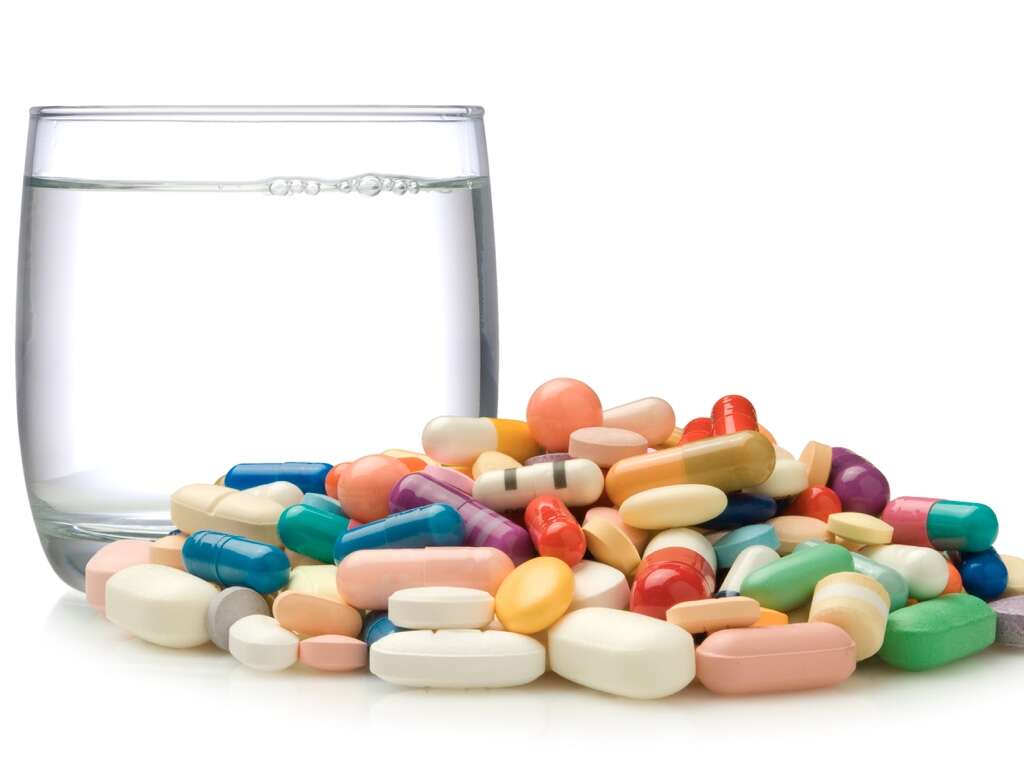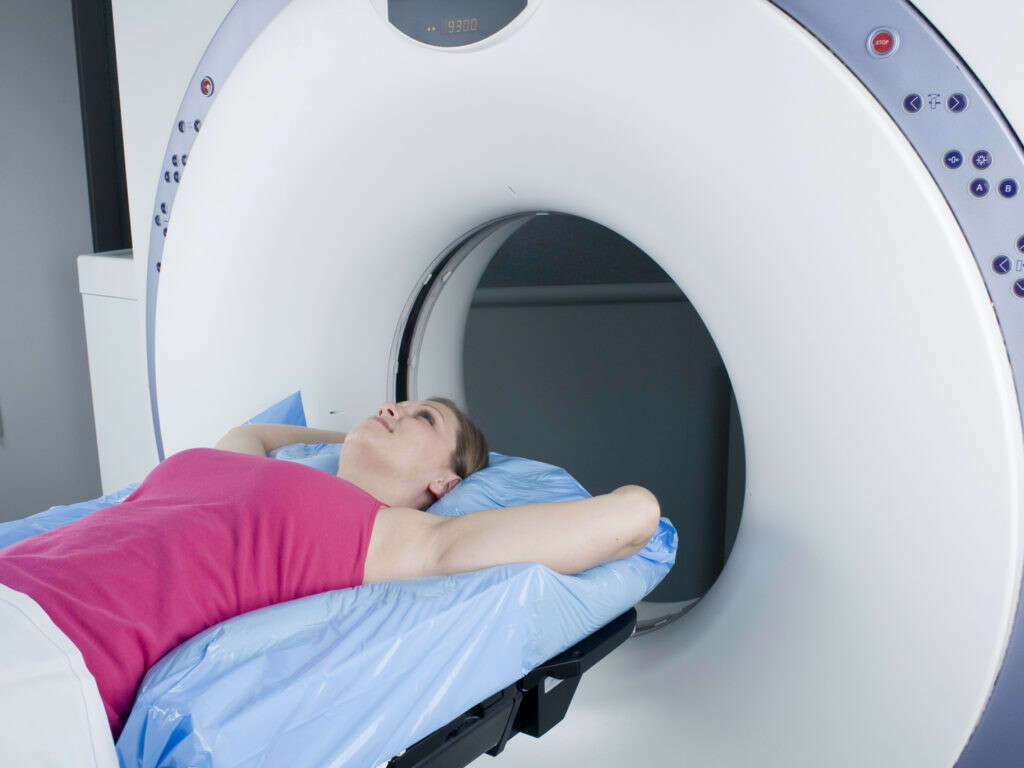10 Side Effects of Folic Acid
Folic acid, also known as vitamin B9 and vitamin M, is one of the important vitamins found in the B complex. These vitamins are involved in many metabolic processes and if you don’t get a healthy amount of them, you can experience a number of problems. People with folic acid deficiencies can develop problems with energy and motivation. They won’t be able to absorb nutrients as easily as others, and they won’t be able to convert glucose properly into usable fuel for their bodies.
While folic acid can be found in a number of foods, like leafy greens, cereals, and legumes, many people choose to get the nutrient in supplement form. While this isn’t inherently bad, one should be aware of the potential dangers of using a folic acid supplement.
There are a number of side effects that can occur if you take too much folic acid or use it excessively over a long period of time. These are some of the most common side effects associated with folic acid.
Folic Acid Side Effect #1: Nausea
One of the most commonly associated side effects with folic acid is nausea. Nausea is a queasy feeling that often occurs when a person is about to vomit.
Usually folic acid doesn’t lead to vomiting, but in high doses it can certainly leave people feeling like they’re a bit under the weather.
Folic Acid Side Effect #2: Gas and bloating
Another problem that’s associated with folic acid includes gas and bloating. The feeling of being bloated is similar to being cramped – it feels like your abdomen is being pumped full of air. Usually following this is an abrupt release of gas, though the bloating can be quite uncomfortable and last a while before the gas is passed.
One of the best ways to combat bloating is to drink an herbal tea, like peppermint tea. Peppermint is known to have a number of positive effects on the digestive system and can be very useful to help people manage intestinal discomfort.

Folic Acid Side Effect #3: Reduced Appetite
Another digestive symptom of excessive folic acid intake is a reduced appetite. People who take folic acid supplements all the time, at high doses, are less likely to feel as hungry as they usually do.
In serious cases, this can lead to weight loss and malnutrition. If you have been taking folic acid supplements for some time and you’re noticing that your weight has changed, make sure you pay careful attention to your appetite and what you’re eating.
Folic Acid Side Effect #4: Strange Taste
Another interesting problem associated with folic acid is that it’s known to cause a strange flavour in the mouth. This generally only occurs when people take huge doses of the nutrient, and they would likely experience some of these other symptoms as well.
Many people report the flavour to be metallic and very unenjoyable. It becomes particularly apparent when you’re trying to eat food, and can contribute to the reduction of appetite that many people experience when they’re using folic acid.

Folic Acid Side Effect #5: Irritability
While getting B vitamins is important to help regulate mental health, taking too much of it can be problematic. Folic acid can be useful to manage mood and promote stability but taking very high doses can actually make a person more irritable than normal.
If this occurs, make sure that you reduce your dose drastically to prevent any further side effects from appearing.
Folic Acid Side Effect #6: Insomnia
This is another interesting issue associated with folic acid. While a deficiency of the nutrient is known to cause insomnia, excessive intake of folic acid can also cause this problem. This is likely due to overstimulation of the brain and body which can lead to physical and mental anxiety.
If this occurs, make sure that you take less folic acid. In the meantime, you can take another natural supplement like passion flower to help you drift off into sleep.

Folic Acid Side Effect #7: Allergies
No matter how good a supplement is for you, there is always the risk of experiencing an allergic reaction. This is why it’s always a good idea to start out using a smaller dose than is recommended.
Allergic reactions to folic acid can include any of the symptoms already mentioned in this list, as well as itching, hives, and a runny nose. If this occurs, make sure to immediately stop using folic acid.
Folic Acid Side Effect #8: Heart Attacks
In extreme cases, folic acid can actually lead to an increased risk of heart attacks. This generally only occurs when people have been taking doses of at least 800 mcg on a daily basis for quite some time.
This is a much higher dose than would be recommended by a medical professional.

Folic Acid Side Effect #9: Cancer
Another serious side effect that can occur when someone is using extreme amounts of folic acid is cancer. Folic acid, taken in very high amounts, has been linked to an increased risk of prostate cancer and lung cancer.
If you are developing any signs and symptoms of cancer and you have been using a lot of folic acid, you will want to reduce your usage immediately. In this case, it’s best to get the remainder of your folic acid from food sources.
Folic Acid Side Effect #10: Nervousness
While folic acid is generally associated with a reduction of anxiety, it can also contribute to it. If you take too much of the nutrient, you may find yourself being hyper-stimulated. This can lead to an increase in the speed of your thinking, an elevated heartbeat, and other symptoms of nervousness.
In this case, it’s best to simply reduce the amount of folic acid that you’re using. Anxiety symptoms will not persist for very long and will probably be gone by the next day.











